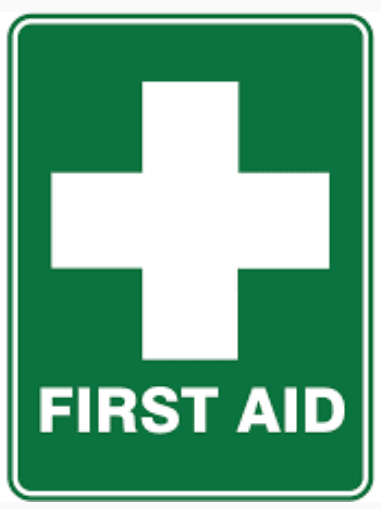Emergency first aid at work is the legal responsibility of the employer. It’s expected that workplaces will have completed a needs assessment, and from this will know what they require within their specific workplace.

Are trained first aiders required?
While not a legal requirement, emergency first aid training courses are invaluable in some workplaces where risks of injury are deemed high. Although accidents are unintentional and often a little bit random by their very nature, it can only be a positive thing to have a trained member of staff.
The HSE figures for 2021/22 show that 61,713 employee injuries were reported to RIDDOR, with 135 workers killed in work-related accidents. These numbers are not insubstantial and are worth considering when assessing whether your workplace would benefit from a trained first aider.
What degree of training do I need?
The HSE recommendation states that EFAW courses should consist of 6 hours of face-to-face teaching. They are valid for 3 years, ensuring that knowledge is kept fresh and up to date.
To further assist with this, there are annual refresher courses available, such as the ones found here:tidaltraining.co.uk/emergency-first-aid-training-courses/. Therefore, you can send staff on an annual basis to ensure that knowledge is retrained should it be required in an emergency.
What does the training cover?
EFAW is designed to cover emergency situations. In an emergency, the first step is always to call an ambulance. Emergency first aid courses train participants in what to do while waiting for emergency services.

Your workplace may seem low risk for an emergency. However, emergencies may involve issues such as heart-related illness, allergies, diabetes and epilepsy, none of which are the fault of an employer, but all of which may require first aid.
Ultimately, the training aims to keep somebody alive until further help arrives and prevent any injuries from worsening. This is something that may be of increasing importance given the current delays faced by emergency services, meaning that the period of time first aid is required to cover is longer than it used to be.
